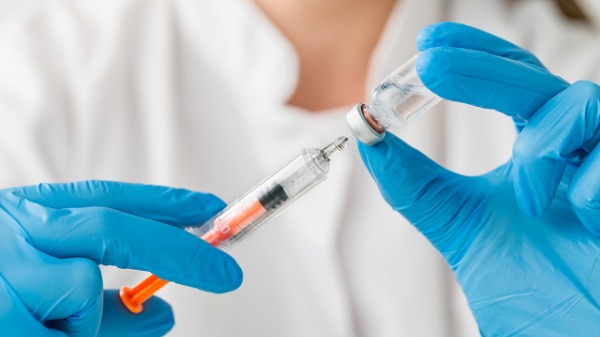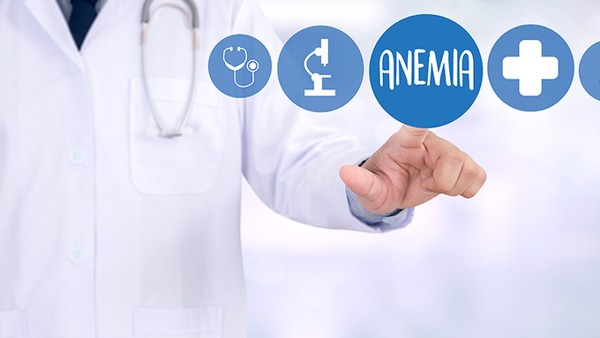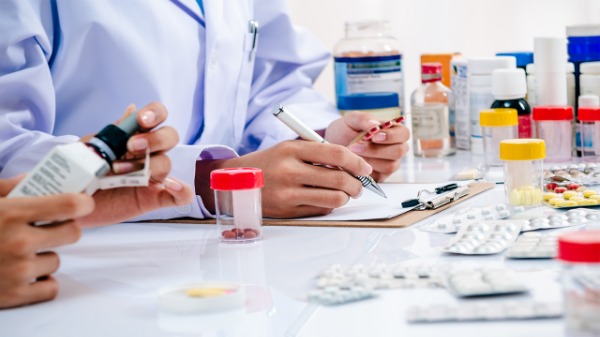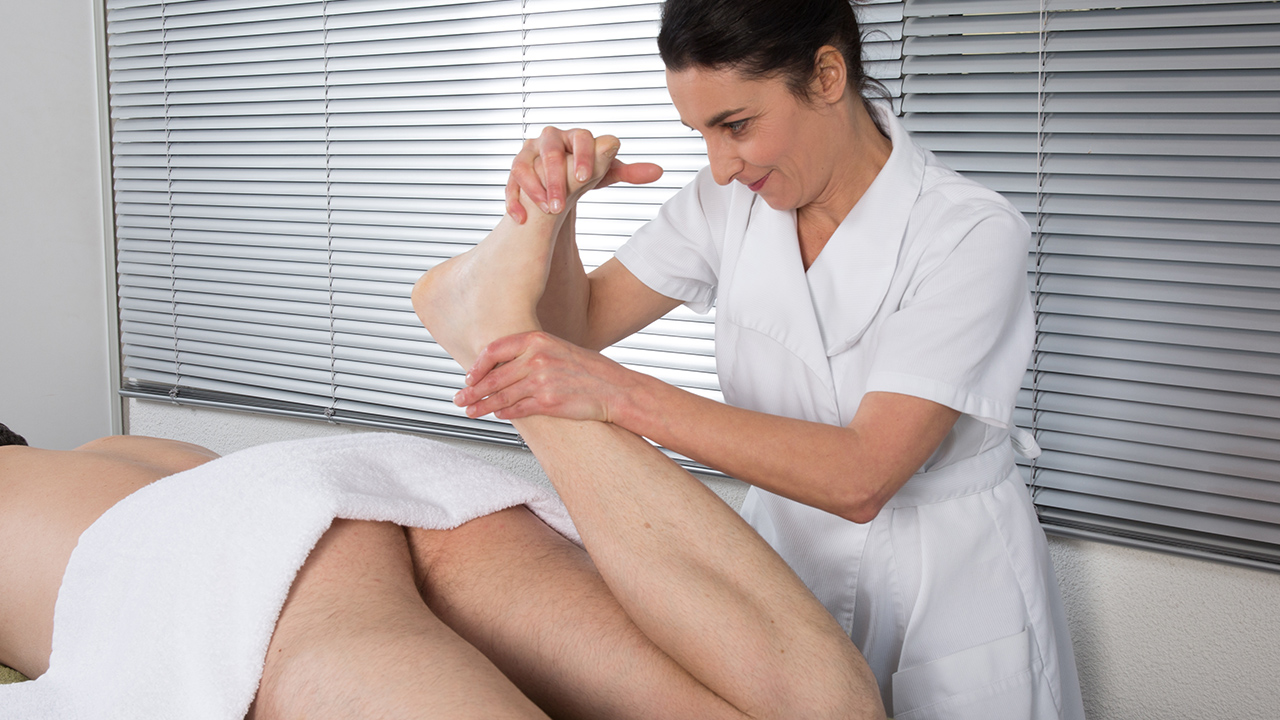There are several ways in which AIDS is transmitted

AIDS (acquired immunodeficiency syndrome) is a life-threatening disease caused by the human immunodeficiency virus (HIV). HIV attacks the body's immune system, making it difficult for the body to fight off infections and diseases.
HIV is transmitted through contact with infected blood, semen, vaginal fluids, rectal fluids, or breast milk. It is not transmitted through casual contact, such as shaking hands, hugging, or sharing food or drinks.
The most common way that HIV is transmitted is through unprotected sexual intercourse. When someone has unprotected sex with an HIV-infected person, they are at risk of contracting the virus. The risk of transmission is highest during *** sex, followed by vaginal sex and oral sex.
HIV can also be transmitted through sharing needles and other drug paraphernalia with an HIV-infected person. When someone shares needles or other drug paraphernalia, they are at risk of coming into contact with infected blood.
HIV can also be transmitted from an HIV-infected mother to her child during pregnancy, childbirth, or breastfeeding. The risk of transmission is highest during childbirth.
There are several things that you can do to protect yourself from HIV infection:
Get tested for HIV. Knowing your HIV status is the first step to protecting yourself and others.
Use condoms every time you have sex. Condoms are the most effective way to prevent HIV transmission.
Don't share needles or other drug paraphernalia with anyone.
If you are pregnant, get tested for HIV and take steps to prevent transmission to your child.
Talk to your doctor about pre-exposure prophylaxis (PrEP). PrEP is a medication that can help to prevent HIV infection in people who are at high risk for getting the virus.
If you think you may have been exposed to HIV, it is important to get tested as soon as possible. Early diagnosis and treatment can help to improve your health outcomes.
What are the symptoms of AIDS?
The symptoms of AIDS vary depending on the stage of the disease. In the early stages, people with AIDS may experience:
Fever
Chills
Fatigue
Night sweats
Muscle aches
Headache
Swollen lymph nodes
Rash
As the disease progresses, people with AIDS may develop:
Opportunistic infections
Wasting syndrome
Dementia
Kaposi's sarcoma
Opportunistic infections are infections that take advantage of the weakened immune system in people with AIDS. These infections can include:
Pneumocystis jirovecii pneumonia (PCP)
Cytomegalovirus (CMV) retinitis
Toxoplasmosis
Cryptococcal meningitis
Kaposi's sarcoma is a type of cancer that causes tumors to develop on the skin, mucous membranes, and internal organs.
Wasting syndrome is a severe weight loss that is associated with AIDS. Dementia is a decline in cognitive function that is associated with AIDS.
How is AIDS treated?
There is no cure for AIDS, but there are treatments that can help to improve the health of people with the disease. These treatments include:
Antiretroviral therapy (ART)
Opportunistic infection prophylaxis
Wasting syndrome treatment
Dementia treatment
Kaposi's sarcoma treatment
ART is a combination of medications that are used to suppress HIV and improve the immune system. ART is the most effective treatment for AIDS and can help to improve the quality of life and longevity of people with the disease.
Opportunistic infection prophylaxis is a type of medication that is used to prevent opportunistic infections in people with AIDS. Wasting syndrome treatment involves providing nutritional support and medications to help people gain weight. Dementia treatment involves medications and therapies to help improve cognitive function. Kaposi's sarcoma treatment involves radiation therapy, chemotherapy, and other medications.
How can I prevent AIDS?
There are several things that you can do to prevent AIDS:
Get tested for HIV. Knowing your HIV status is the first step to protecting yourself and others.
Use condoms every time you have sex. Condoms are the most effective way to prevent HIV transmission.
Don't share needles or other drug paraphernalia with anyone.
If you are pregnant, get tested for HIV and take steps to prevent transmission to your child.
Talk to your doctor about pre-exposure prophylaxis (PrEP). PrEP is a medication that can help to prevent HIV infection in people who are at high risk for getting the virus.
If you think you may have been exposed to HIV, it is important to get tested as soon as possible. Early diagnosis and treatment can help to improve your health outcomes.
The above is all the content that the editor wants to share with you. I sincerely hope that these contents can bring some help to your life and health, and I also wish that your life will be happier and happier.
Topic: #several #ways #there














